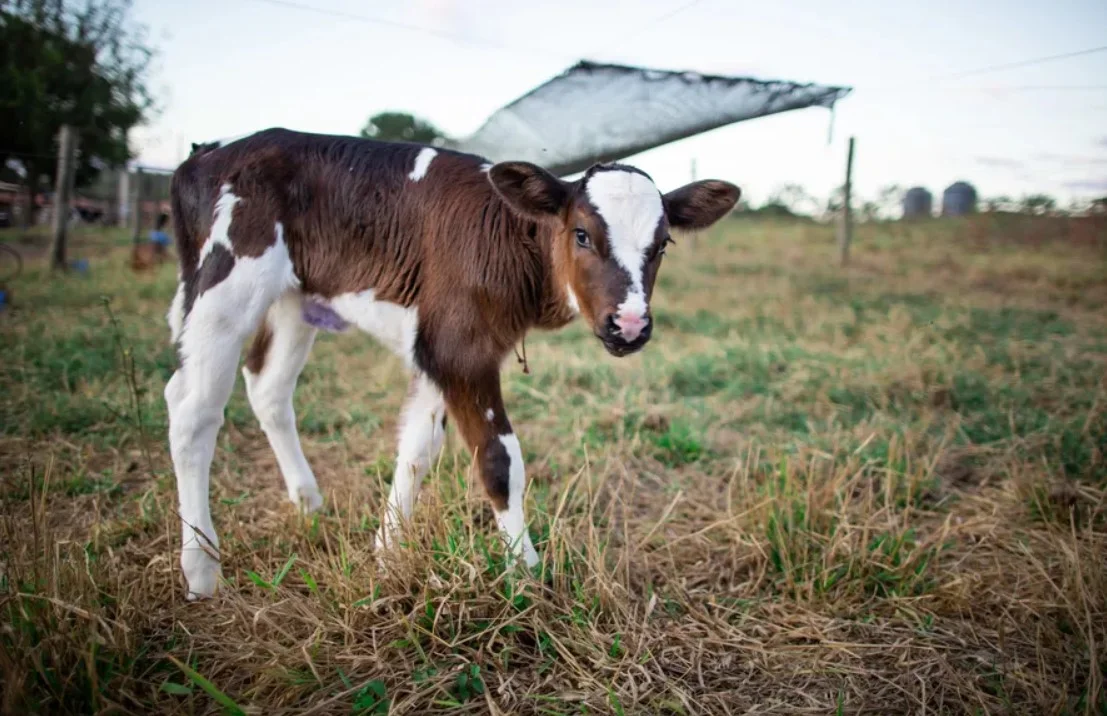Article from Globo Rural By José Florentino - São Paulo on 26/11/2023.
Traceability Project Unites Rio Maria Slaughterhouse and Durli Leathers
The pilot began in June and was expected to reach 20,000 animals tracked by December, but has already reached 113,000 from 40 properties.
"We're becoming isolated," says Roberto Paulinelli, owner of slaughterhouse Rio Maria, in Pará, about the growing pressure for Brazilian livestock to guarantee that the meat and leather that end up on international markets don't come from cattle raised in deforested areas.
That's why, last week, Paulinelli made a point of accompanying a series of technical visits by representatives of the leather industry who wanted to learn about the Individual Traceability and Indirect Monitoring Protocol (Primi), created to meet this demand. "The only way is to put the earring on the calf," he says.
Primi was developed by Rio Maria in partnership with the Rio Grande do Sul company Durli Leathers, the second largest leather company in the country, the compliance consultancy Niceplanet, the certification company SBCert and the consultancy Green Level Environment Strategy.
The pilot project began in June and was expected to reach 20,000 tracked animals by December, but has already reached 113,000 from 40 properties. The calves are tracked individually from birth - in some cases, the companies have been able to certify animals retroactively thanks to documentation from the ranchers.
Last week, the companies presented Primi's first results to members of the leather industry. According to Paulinelli, they were able to see up close how the chain works, from calf rearing to the leather that will be sold to them through the program.
"We've also been approached by Carrefour to develop a traced product, and McDonalds, the head of sustainability came on the visit. As well as leather, I think there will be a lot of good business for meat," he says.
Now, the companies involved in the initiative believe they can reach 200,000 tracked animals before the end of the year, surpassing the initial target tenfold.
Volume of slaughter
Rio Maria slaughters around 18,000 head of cattle a month. Although 50% of its revenue comes from exports to China, Paulinelli sees that the sustainability certification that will be required by the European Union from 2025 could also put the company's products in the spotlight in other demanding markets.
Durli Leathers has also joined the project to guarantee that the hides it supplies are free from deforestation and other socio-environmental crimes, positioning the company as a safe supplier for European companies that have stepped up their demands regarding the origin of their products.
Traceability is usually done by batch of animals, which makes the process less secure than the model developed in this project. "This puts us ahead to access markets. We're making a big investment and improving internal quality processes," said Ivens Domingos, sustainability manager at Durli Leathers.
Around 75% of the six million hides produced by the company each year are exported, mainly to Italy, China and the United States. Durli Leathers sells tanned (wet blue), semi-finished (crust) and finished leather to other companies, which process the pieces for use in automotive upholstery, furniture or footwear.
Expectations
The company sees room to reach 200,000 animals by the end of the year. To do this, it hopes to engage the other links in the leather chain - from slaughterhouses to the companies at the end - to donate resources to supply producers with earrings and technical assistance.
"Supporting responsible projects is better than turning your back and criticizing," argues the company's financial director, Christiano Frizzo. The expectation is to expand the project in Pará and then throughout the country.
For over 60 years, Durli Leathers has been in business in eight Brazilian states and Paraguay. It has around 15% of the leather market in Brazil.
The largest company in the segment, JBS Couros is not part of Primi and, in a statement, said that it uses the same traceability system that guarantees the origin of the meat at slaughterhouses. The company allows customers and consumers to access information on the farms that consume the meat through the Leather ID platform. According to JBS, the tool makes it possible to identify the tannery and production unit from which each hide originates, as well as data such as the day of processing and the group of farms that formed the batch on that specific date.
See the article on Globo Rural, click here.

